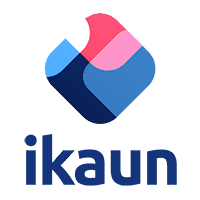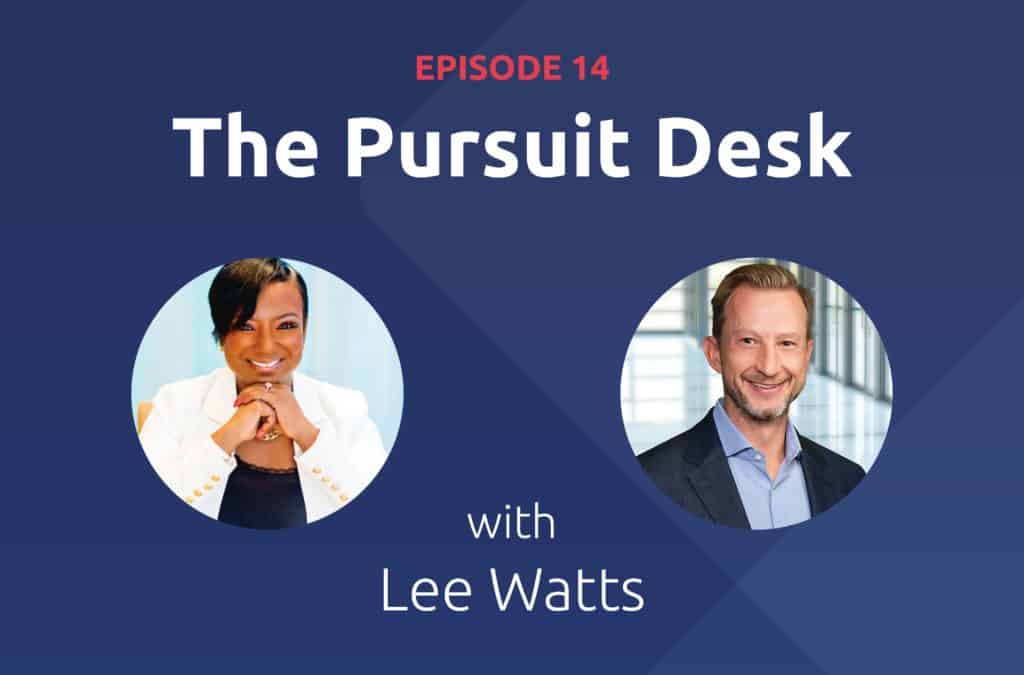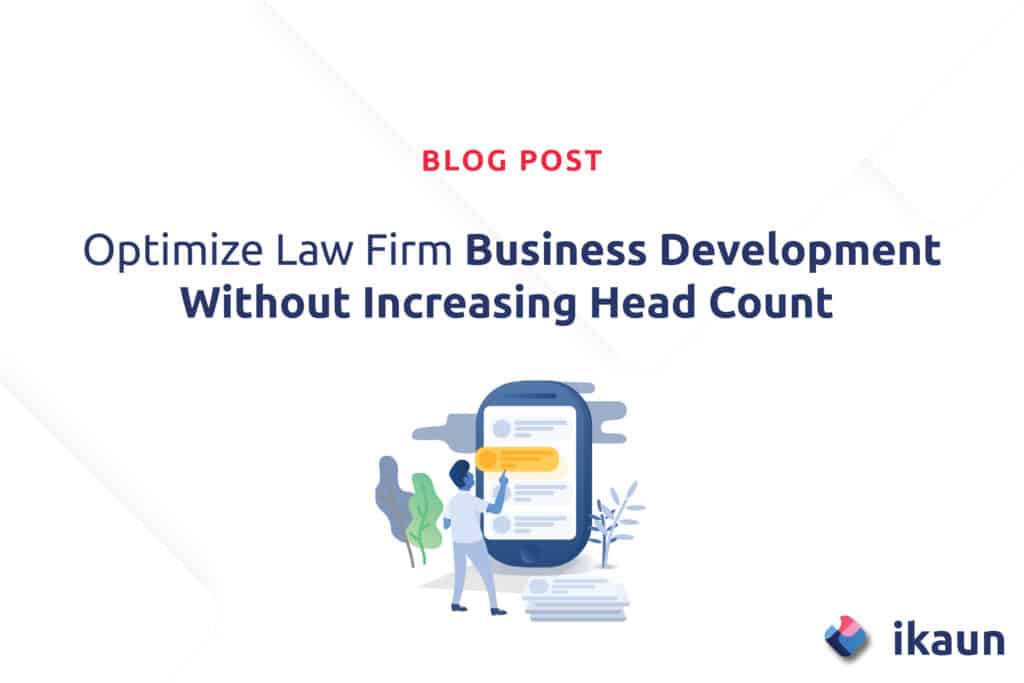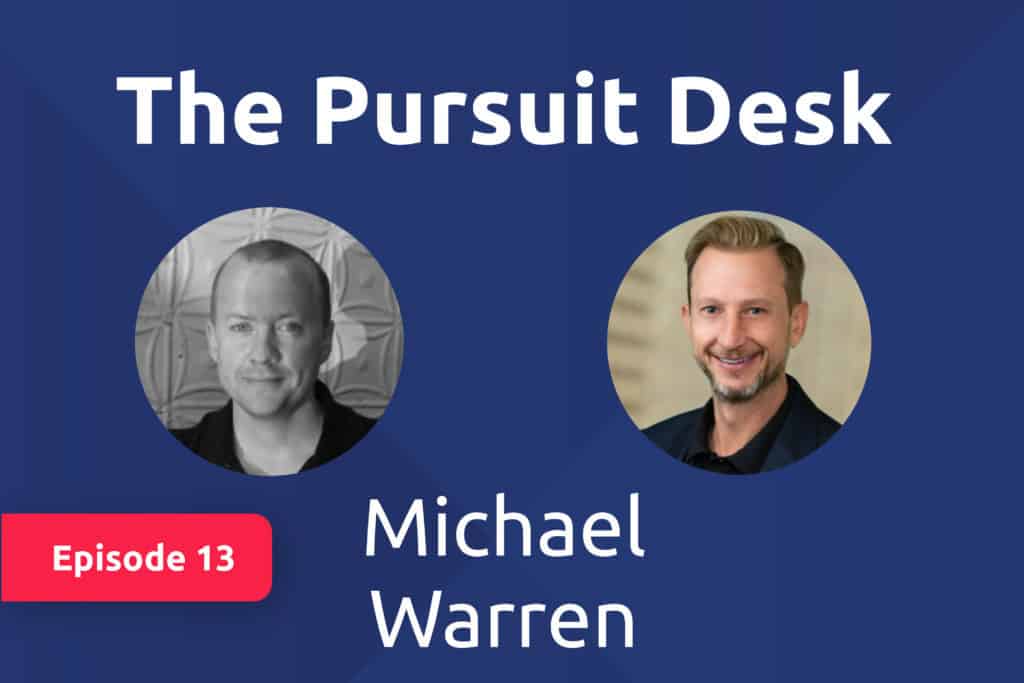We’re thrilled to welcome Shawn Hainsworth, a Senior Architect/Developer & Programmer at Cooley LLP. Shawn joins Jason Noble to discuss the technologies that are driving innovation in legal marketing.
Shawn has a very impressive background, spending over 27 years in Legal IT as a business analyst, programmer, and database designer. He has designed and implemented numerous applications, including Financial Business Intelligence Dashboards, a Deal/Case Tracking Marketing tool by practice area with Salesforce and Tableau integration, New Business Intake modules, Attorney Workload Assignments Management, Secure Partner Voting application, Preservation Holds and Ethical Screen Applications, Lateral/New Hire Conflicts Application, among others. Recently, Shawn is focused on Business Intelligence and Machine Learning.
Read Shawn’s blog – The Legal BI Guy.
1:37 Data challenges law firms face
Shawn says that when it comes to data, there are 2 primary challenges that law firms face
- Their data is stored across different silos; meaning that marketing has its own database while the finance department and human resources might have their own as well. The various sets of data make it harder to look at data collectively. These separate silos require firms to bring their data together, which still knowing and tracking the source of each data point
- Due to the nature of their work, the main source of data for law firms is text documents. This is how attorneys store data such as case information and time cards. But marketing departments might want to utilize the data in those documents, such as what type of work attorneys are doing, how much time they are spending on matters. This type of data will help them improve firm efficiency and profit.
Despite these two challenges, there are still solutions available for law firms that help them better utilize the data. One major tool that Shawn suggests is the use of a Natural Language Processor (NLP).
4:00 The value of using machine learning and AI for data warehousing
When it comes to Artificial Intelligence (AI) and machine learning, data is extremely important and you want to take as much as you can get. The purpose of a data warehouse at a firm is to take their data and use the database to query that data. Once the data is queried you can slice it up by components like office location or year and then measure the data based on those qualities. These database warehouses are also great for taking the data you have and giving rapid access to querying that data.
However, Shawn stressed that this is a different view of the data than how it looks when it is in originating systems. When you bring traditional marketing data and data from other silos together, you can get a holistic look at all the firm’s data. So how they are all independently structure is less important than being able to identify which data is important, and then cleaning and featuring that data. This is where machine learning can help.
8:18 Data sets that can be valuable in your workflow
When considering the data sets and their sources that he uses in his workflow, Shawn says that you want to look beyond just the data that you have at your firm. There are plenty of companies out there like Lexus Nexus who provide a variety of different data within the legal space. These companies can provide extremely helpful data, that when you match up with your data can give you a better picture of your data.
He also stresses that the most important parts of any data experiment are having the right data, knowing what problem you can solve with your data, and asking the right business question.
10:26 Data projects – Starting with the business question
Shawn stresses that when working with data projects, you have to get out of your normal patterns of thinking. For example, when looking at timecards these can be considered the lifeline at law firms. And sometimes you can use these as predictions for people’s usual time cards in the future. However, you can only do this if you have enough good data to use to make those predictions. They would need to have valid task codes for the model to be able to accurately predict that information.
And sometimes you may even have to rethink the way you approach a problem. If you don’t have the right data to attach it from the direction you initially wanted, but still have other historical data that can provide another approach to the problem, you have to adapt your approach. You cant force data to fit the question you want, you have to change the questions about the data or get new data.
14:21 The magic and logic of technology
When considering introducing new technology to your firm, Shawn says that from a management perspective you should never say I want X technology. Because technology alone is not an answer. You have to start with what you want to solve. You have to ask yourself what the business question is that you are looking to answer and if you can do it with the technology that you already have. If the answer is yes, then you don’t need to make changes, but if the answer is o that’s when you should explore other technology solutions.
There is also an advantage to creating the technology internally. By creating it internally you can customize it in ways that set you apart from the pack. You gain different insights than what all the other firms are getting from a third-party tool. And that is how technology can be used as a differentiator between firms
17:50 Using tech as a strategic differentiator against your competitors
It is important to note that nobody knows your business or your specific area like you do. Even if you hire a third-party technology provider and you are giving your data to them, you need to be able to use your data in a way that maximizes its return to you and your firm, and only you can fully understand that. This is because you understand the data better than anyone.
And from a data perspective, law firms are essentially an aggregation of small businesses, due to all the different areas of work at a firm. And that’s part of what makes analyzing data trickier. But once you understand your data, you can use it as credibility to back up your claims of why you are better than your competitors.
20:30 Natural language processing and why it is important for your firm
Natural language processing (NLP) is critical for law firms because so much of their data is stored in documents. And at its core, an NLP will look at all the words in a document and transforming the words into numbers and data that will tell you particular information about that document. Data that can be helpful can include term frequency, which is how often particular terms show up in legal documents.
However, NLP is not always the most intelligent way to get this information. With lots of training of vectors, an NLP can still make mistakes just based on the frequency of terms. An example of this is that when looking at a small sample of medical records and the terms doctors and nurses, it can draw the correlation of doctors being men and nurses being women. This is not an accurate fact or assumption to make from the data. That’s when the concept of AI fairness comes into play, which is essentially making sure that these models don’t include implicit bias.
26:45 What are some tools Shawn uses now
When Shawn started programming he initially used the programming language R. However more recently he has been developing in Python, as so many of the tool kits that he uses are built for Python.
And when considering which tools to use, Shawn knows that the real trick to AI and machine learning is preparing the data and training the model, and that is just a couple lines of code. He thinks that Microsoft has a terrific tool kit that includes a document cracker to extract text from a PDF file. He also mentions that you can either leverage a pre-packaged toolkit like Microsoft’s or build your own depending on the size and capabilities of your team.
29:10 Using tech without going to the cloud
It is no surprise that most firms are cloud cautious due to the nature of the material they are storing. One firm, in particular, has used an AI tool to scan all their contracts to see if any client contract they had didn’t allow them to store data in the cloud. They used AI to answer their question and find out that it was safe for them to move to the cloud. It is pretty easy to use NLP to identify references to the cloud in this way. And when looking for an NLP tool, Shawn suggests Spacey.
33:55 The exciting future of Legal Technology and AI
Several things are happening right now that are requiring firms to change the way they do business. The business of law is changing rapidly and more and more business is being done by other consulting firms. The way clients operate is rapidly changing too; as more and more companies opt for in house counsel than ever before, and their expectations are much higher than they used to be. Because of this increased demand, AI is going to become huge in accomplishing some of the discovery and lower-end work for firms to expedite processes.
Shawn thinks that in addition to these changes, firms will need to leverage data more and be more efficient than ever before to remain competitive. There will be a huge need to improve business processes to survive as a successful law firm in the future. Firms will have to understand data more and integrate it more with their marketing practices.
Legal needs to tackle these challenges sooner than later to prevent falling behind competitors. Overall, Shawn is very excited about the future of AI, but he also has his concerns. He sees the benefits of features like facial recognition in tools like self-driving cars, but he sees the downsides of it being used by the government. He thinks there are good and bad sides to most of these fast-moving technologies and we as a society have to be cautious about how we are going to use all of it.
Key Features
Ikaun was built to help organizations easily create, discover, and use knowledge to enhance employee productivity and increase business outcomes.

Experience Finder
Leverage your organization's collective experience for better decision making; easily search for internal experts by skill sets, industry expertise, and more.
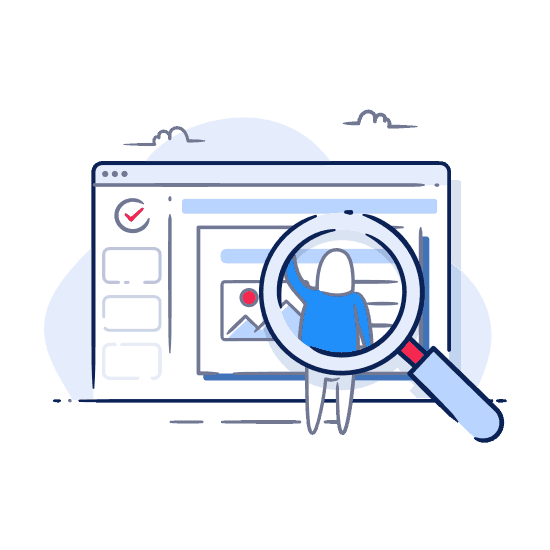
AI-Enhanced Search
Ikaun’s Intelligent-Knowledge-Assistant searches through your ikaun environment and other connected systems to help answer FAQs, find people, find assets, or support complex research scenarios.

Profiles
Create easy-to-read profiles that include biography, skills / expertise, employment history, certifications, affiliations and other key information about your employees.

Proposal Generator
Leverage experience already unified in your ikaun platform to create beautiful on-brand proposals and pitches in minutes.

Knowledge Campaigns
Deploy knowledge campaigns to inform employees about active pursuits, new clients, or firm news.

Integrations
Connect your document management systems, CRM, and other popular applications with ease and confidence.

